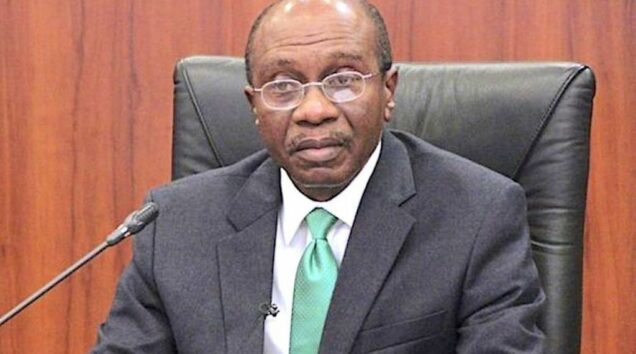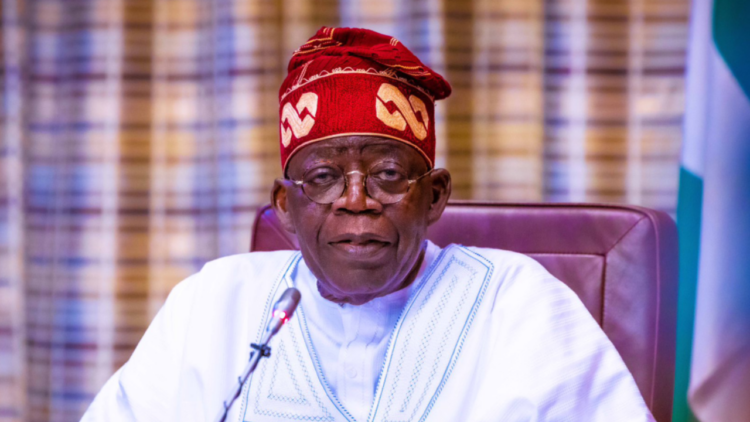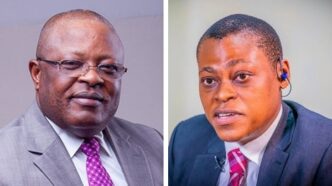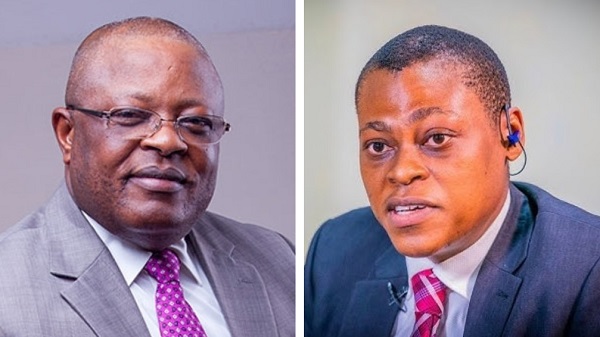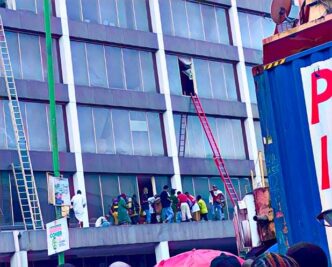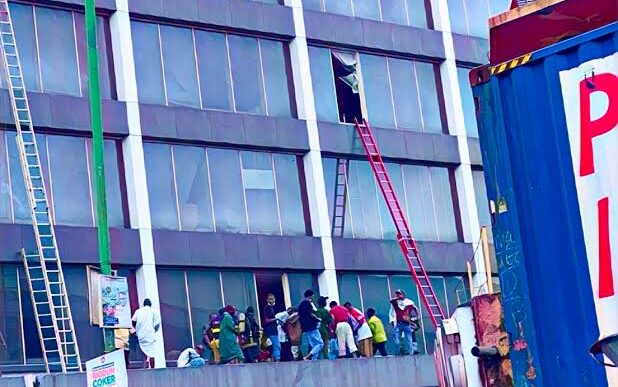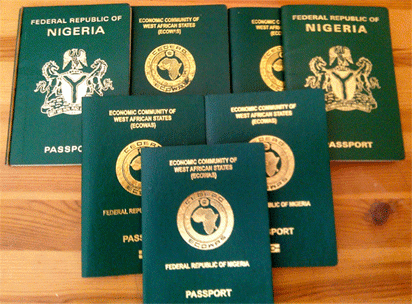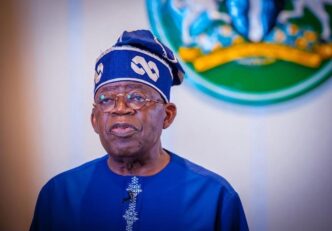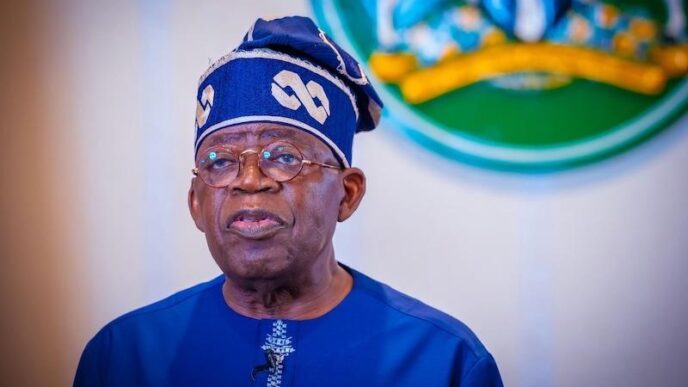The trial of former Central Bank of Nigeria (CBN) Governor, Godwin Emefiele, on alleged $4.5 billion fraud charges took a new twist on Monday as the forensic analysis of a key exhibit — a mobile phone containing WhatsApp chats — stalled over a dispute between the prosecution and defence teams.
Gatekeepers News reports that at the resumed hearing before Justice Rahman Oshodi of the Lagos State Special Offences Court in Ikeja, Emefiele’s lead counsel, Olalekan Ojo (SAN), told the court that the joint forensic examination of the iPhone, ordered earlier by the court, could not proceed due to what he described as “deliberate obstruction” by the Economic and Financial Crimes Commission (EFCC).
According to Ojo, the joint analysis scheduled for September 24 and 25, 2025, failed despite the presence of both parties and the court registrar.
“The first brick wall we faced was that the EFCC said the device cannot be exposed to the entire team,” Ojo said, adding that the commission’s representatives refused to provide full access to the WhatsApp messages contrary to the court’s directive.
He further claimed that the EFCC failed to produce the phone when the Apple expert requested it, despite the registrar clarifying that the order mandated the full examination of the device and its contents. Ojo therefore urged the court to issue a fresh directive granting “unfettered access” to both parties’ forensic experts, stressing that the review was essential to verify the authenticity of the chats tendered as evidence.
But prosecution counsel, Rotimi Oyedepo (SAN), denied any wrongdoing, insisting that the defence’s earlier forensic work was “flawed” and failed to meet professional standards.
Oyedepo argued that the defence expert lacked a physical laboratory or verifiable office address, and allegedly conducted parts of the analysis online — a process he said could compromise the integrity of the data.
“The implication of their request is that Exhibit E may be altered. The data could auto-sync and change the integrity of the exhibit,” he warned, adding that the device was kept on flight mode to prevent tampering.
Oyedepo maintained that the EFCC remained committed to transparency but insisted that any further analysis must comply with proper forensic protocols.
Both defence lawyers — Ojo, representing Emefiele, and Adeyinka Kotoye (SAN), for co-defendant Henry Omoile — urged the court to suspend further testimony until the forensic process was completed, noting that the disputed WhatsApp messages form the crux of their defence.
Earlier, Oyedepo had informed the court that the defence served him an affidavit of fact regarding the forensic report only minutes before the sitting, and he needed time to respond.
Justice Oshodi, while noting both sides’ concerns, ordered the prosecution to file its forensic report within 24 hours but allowed the EFCC’s witness, who had travelled from Abuja, to continue testifying. The judge also directed both parties to adopt electronic service of court documents to prevent further procedural delays.
The EFCC is prosecuting Emefiele on 19 counts bordering on gratification, corrupt practices, and abuse of office, while Omoile faces three counts of unlawful acceptance of gifts. Both have pleaded not guilty.
After the ruling, EFCC operative Alvan Gurumnaan resumed testimony, stating that investigations uncovered multiple cash deliveries allegedly linked to Emefiele and his associates through WhatsApp communications and statements from CBN and Zenith Bank staff.
He presented several WhatsApp records (Exhibits P1–P27) which the agency claimed documented large foreign currency transactions routed through intermediaries.
Justice Oshodi adjourned the case to October 8 and 9, 2025, for continuation of trial.

